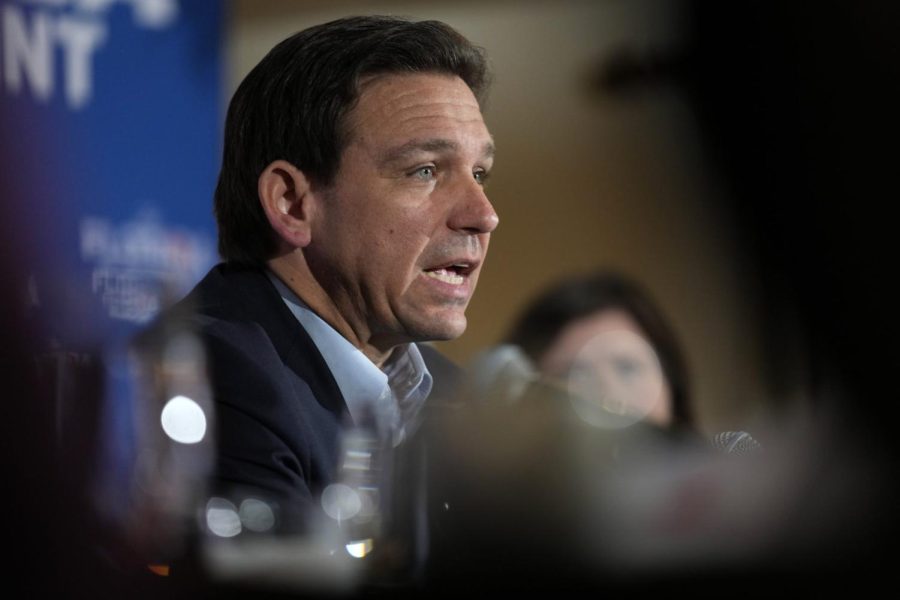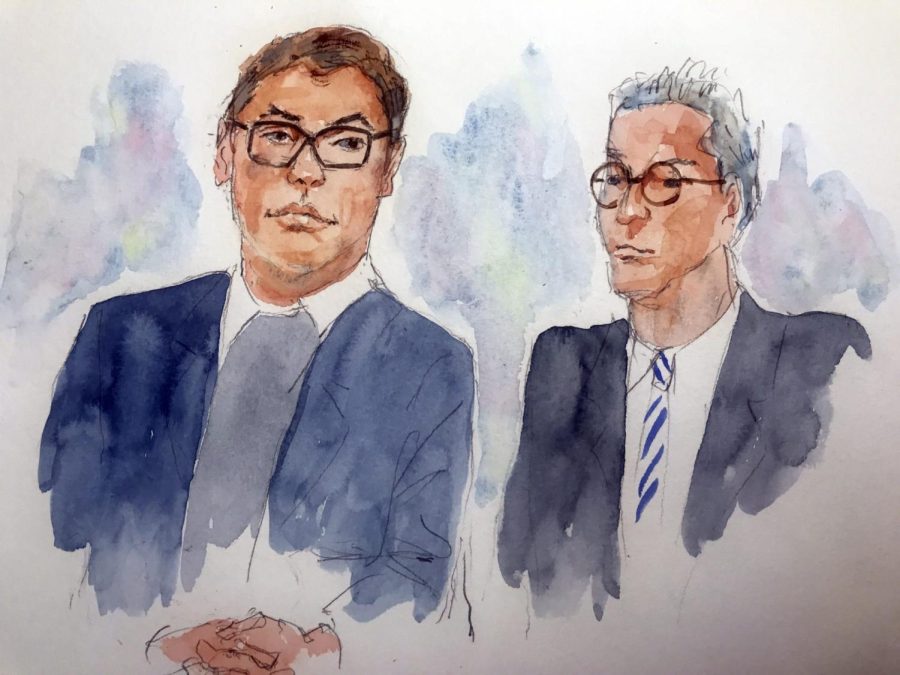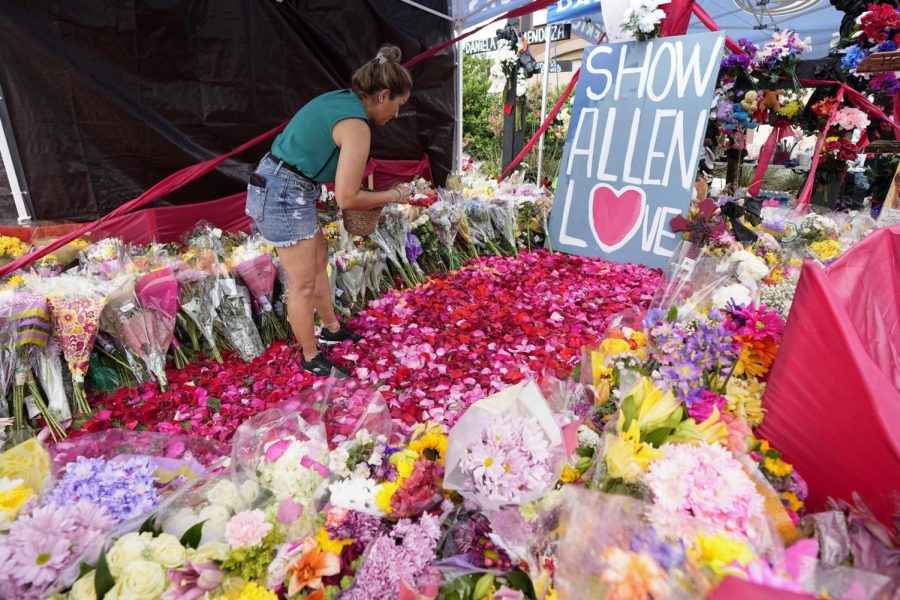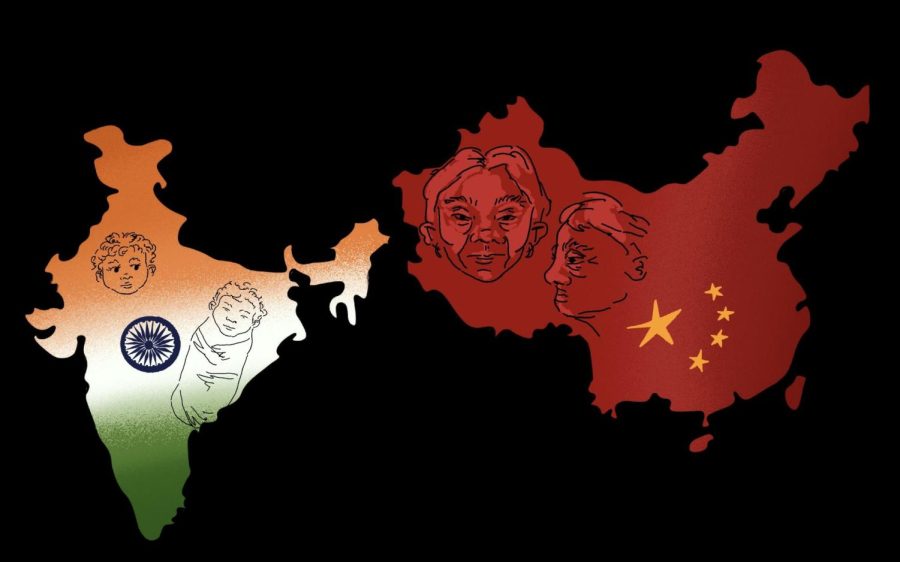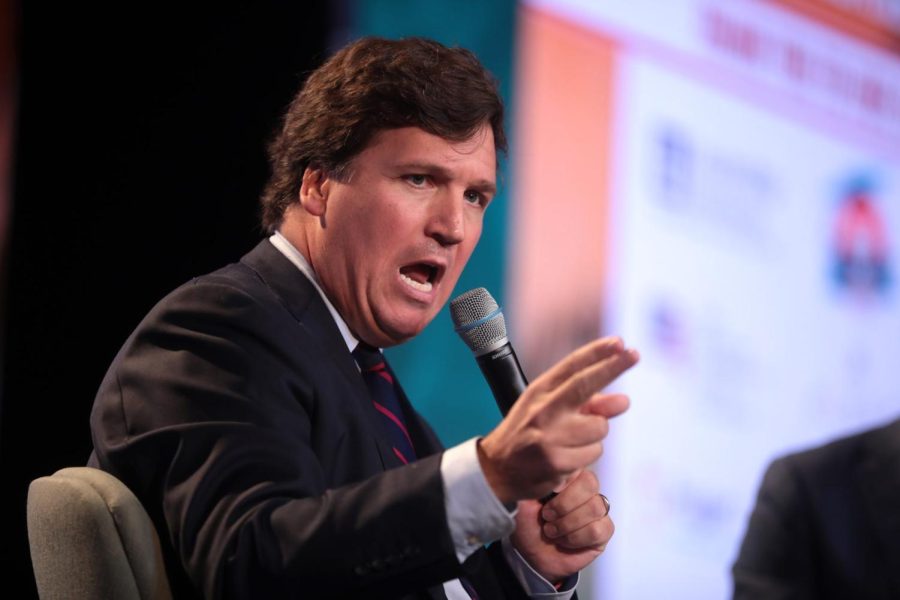
mass shooting. (AP Photo)
Mass shootings on college campuses have occurred several times this past year, stirring debate over gun control in the United States.
Most recently, such a shooting happened in the college town of Isla Vista, California, on the campus of the University of California at Santa Barbara.
Elliot Rodger, 22, stabbed his three male roommates to death and gunned down three others from his car window. Rodger then tried to elude police in a high-speed chase, during which he was shot, crashed his BMW and shot himself in the head.
He was found dead, unable to explain his rampage, but left behind a 141-page manifesto detailing his thoughts.
Colette Cabaniss, 19, of Ukiah, California, lives on the street where Rodger shot bullet holes into cars, a coffee shop and a pizza place. She also went to the same college as Rodger.
“When I saw his (YouTube) videos, I felt like I’d seen him before in school,” Cabaniss said. “It’s really creepy to think I probably walked by him.”
Cabaniss said Santa Barbara is like paradise, and she could never imagine someone so depressed and miserable there.
“It was such a beautiful day before the shooting. You would never have known it was coming,” Cabaniss said. “And then all of the sudden, it’s all over and my face is in the Los Angeles Times and my friend’s car is part of the crime scene. It’s so real now it’s hard to comprehend.”
Cabaniss said the day after the shootings was foggy, gloomy and dark, and an eerie vibe shadowed her town like a pall.
“It seemed like people were dazed and they didn’t know what to do after it happened,” Cabaniss said. “Del-Playa Street (where the shootings occurred) is known as the fun, party street because it’s so close to the beach. That weekend the parties kind of stopped.”
Rodger unloaded three clips from three different guns into the town’s backdrop. He had an arsenal of more than 400 rounds of unused ammunition and written plans on targets like sorority girls left behind in his BMW.
Leonard Jason, director of the DePaul Center for Community Research, said Rodger was symptomatic of problems in our society.
“Let me tell you something,” Jason said. “When I grew up in the ‘50s and ‘60s, guns were not available. Guns were not part of the culture. When people got pissed off, they got into a fistfight at worst. (Mass shootings) like this didn’t exist.”
Jason went on to say that if we had fewer guns in American culture, if violence wasn’t so prevalent and guns were harder to get, the death count might have been fewer.
Brendan Newell, a junior at DePaul and president of DePaul Young Americans for Freedom, offered another perspective. He believes immediately after a shooting isn’t the best time to discuss gun control legislation because it’s such an emotional time.
“I think it’s better to focus on recovering and letting the victims mourn instead of trying get momentum into legislation,” he said.
Newell said that while he doesn’t want to reduce the impact of campus shootings, gun control proponents should look beyond such random attacks and focus on the larger effects of guns, like gang violence.
Additionally, Newell added, banning guns altogether might not solve the problem. A defenseless population could give criminals — and people like Rodger — more of an incentive to cause harm, he said.
Allie Rodman, a DePaul freshman from Burbank, Calif., said her first reaction was to text her friends back home and make sure everyone was alright. She said it scares her how Rodger blamed women for his anger.
“It scares me to wonder how many other men think like that,” Rodman said. “I think this kind of thing can happen anywhere as long as guns are so easy to get.”
Harry Kirn, a sophomore at DePaul, said he has a brother and about 15 other friends who go to UCSB.
“I called my brother to make sure he was okay,” Kirn said. “It was so spooky because all the other mass shootings (in America) were not even close to me.”
Kirn said it’s hard to imagine someone being so depressed in beautiful Santa Barbara, but was more shocked by how many weapons Rodger had.
“It’s absolutely ridiculous,” Kirn said. “I don’t know how someone like that was able to get ahold of so many weapons. This wasn’t about feminism or hatred or women or anything — it comes down to mental health and gun control. I’m just glad nobody I know got hurt.”
Back in Santa Barbara, Cabaniss said she has been walking the streets this week handing out flowers to passersby.
“I gave a flower to this one girl and she started crying,” Cabaniss said. “I feel like the one positive out of all of this is the unity that tragedy brings. The vigil was one of the most beautiful human experiences I’ve ever had.”
Cabaniss said since the shooting, whenever she looks strangers in the eyes, she feels a silent understanding.
“When I walked down the street I just saw bullet holes everywhere — in the cars and the shops,” Cabaniss said. “The bullet holes now, people have put flowers in them.”
Haley BeMiller contributed to this report.



